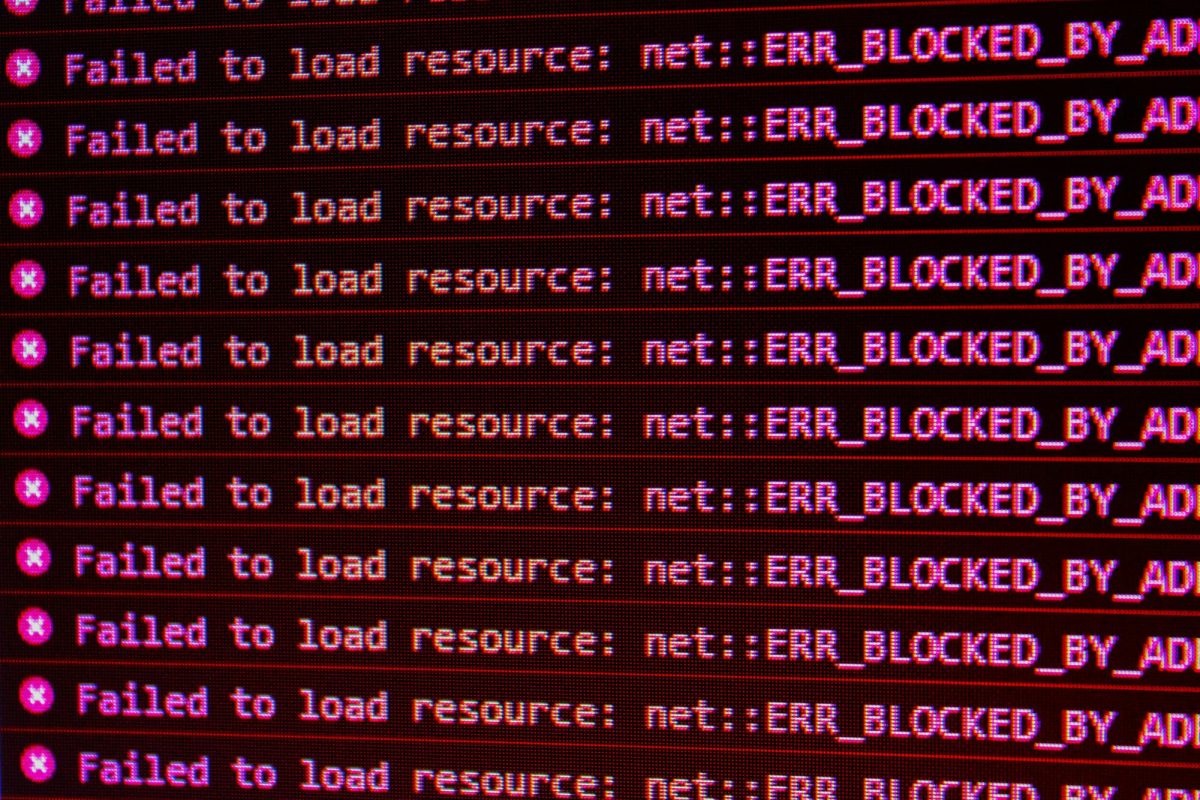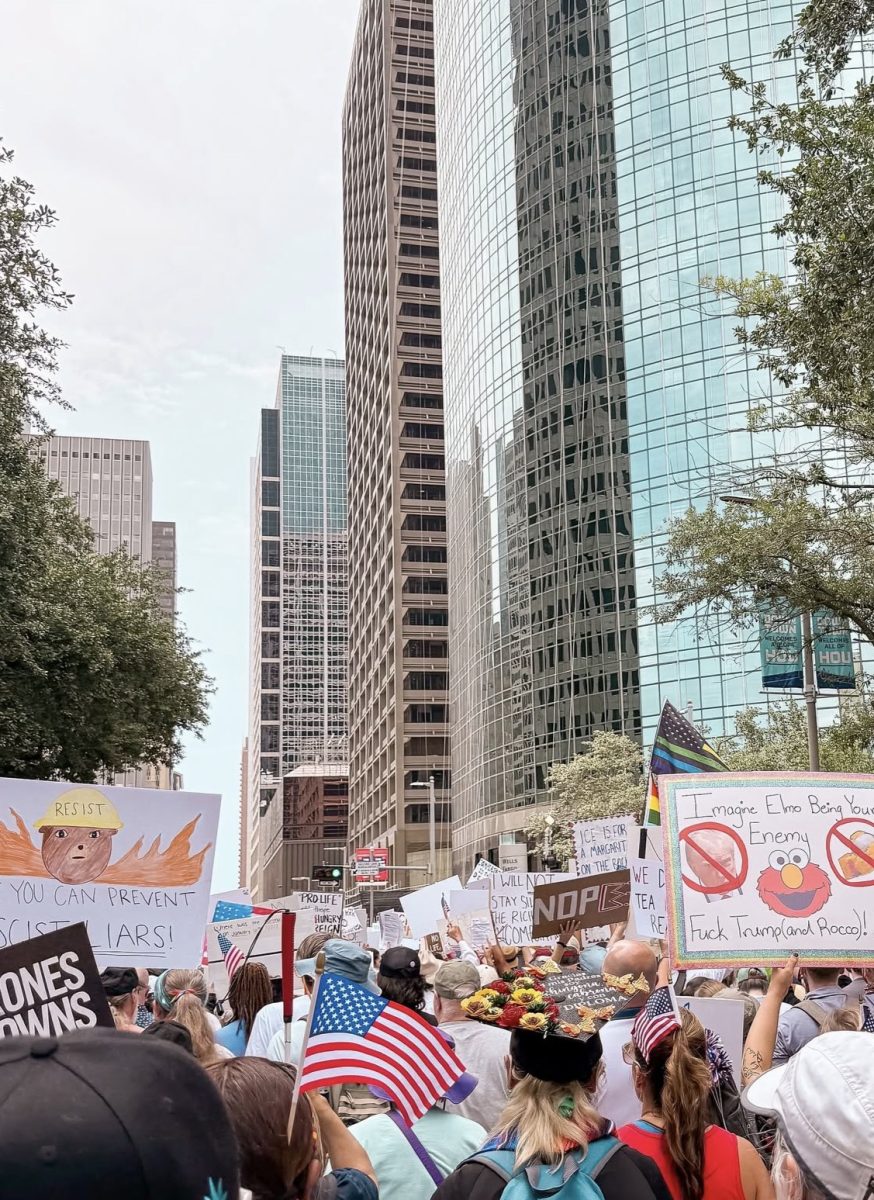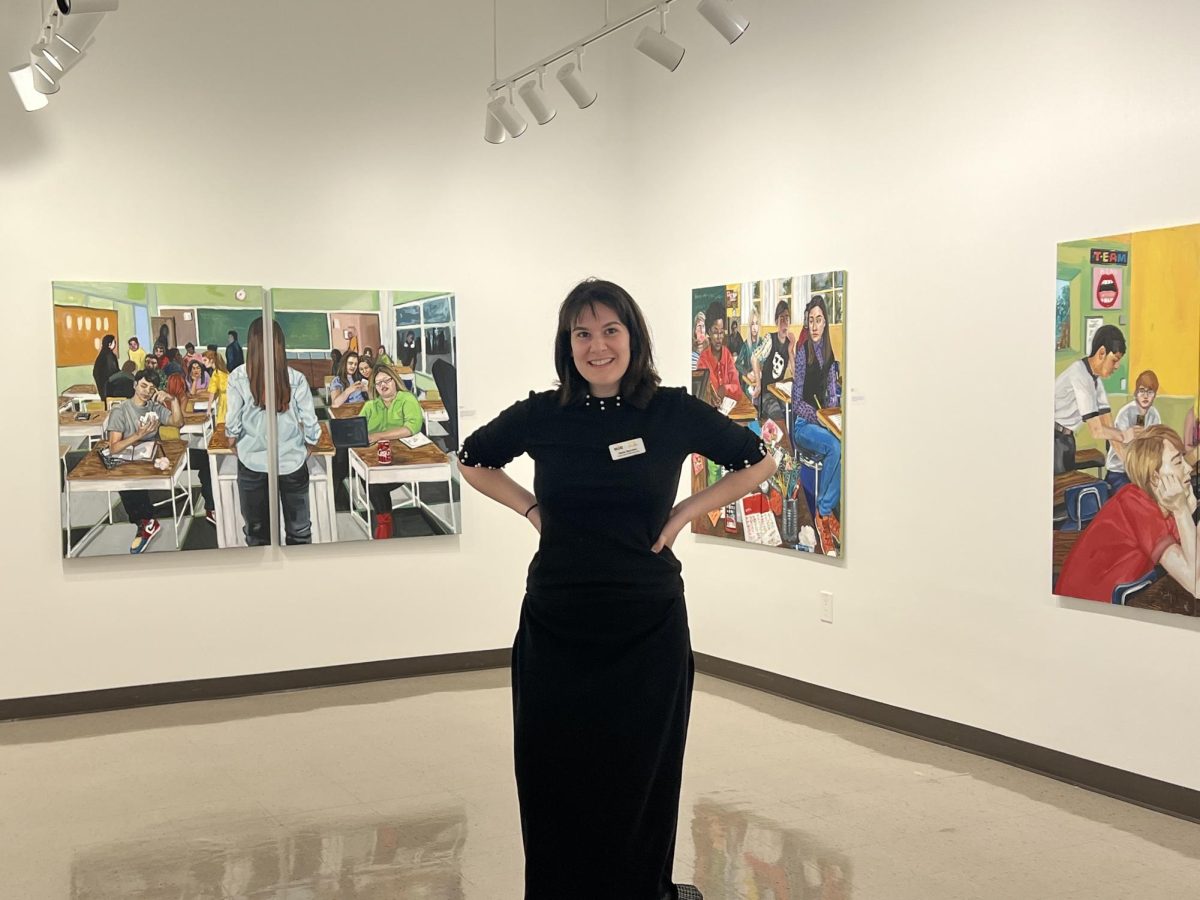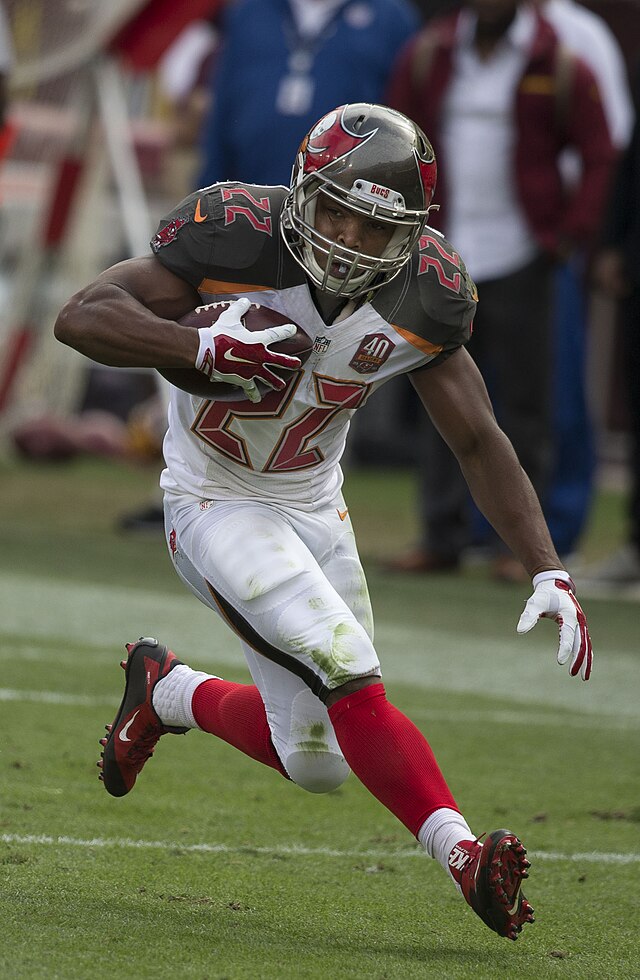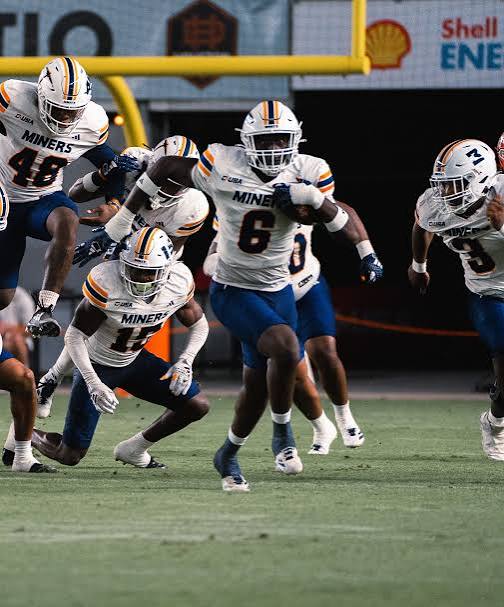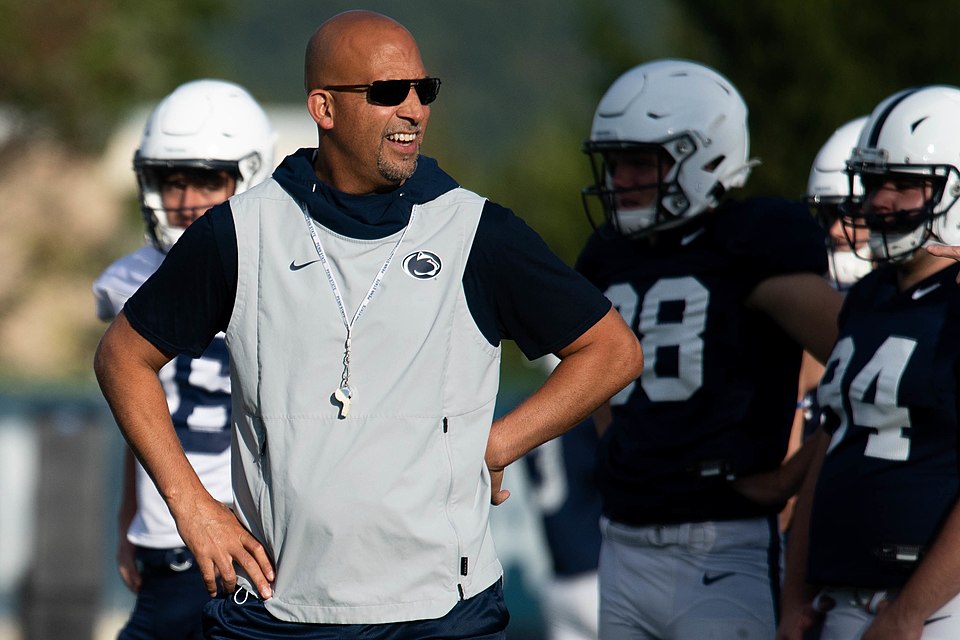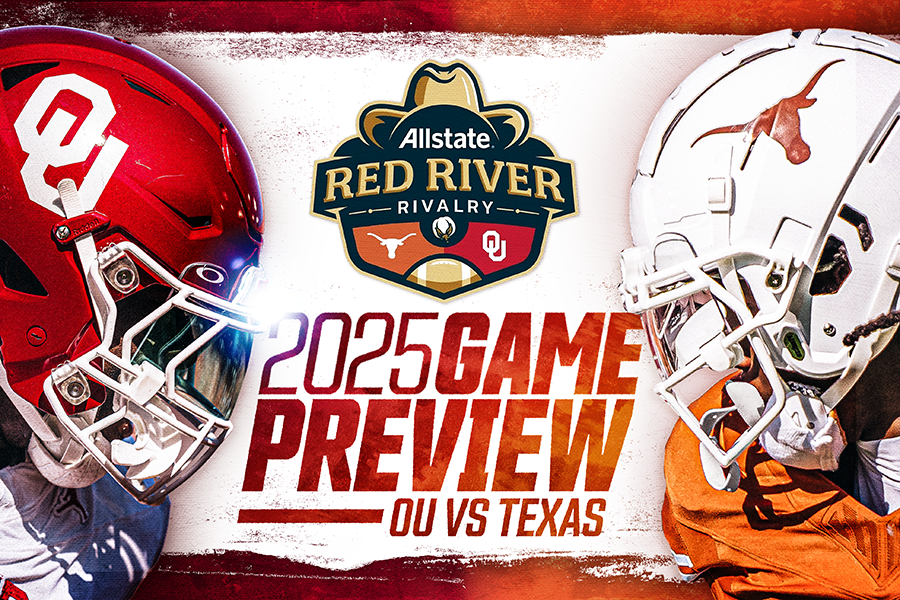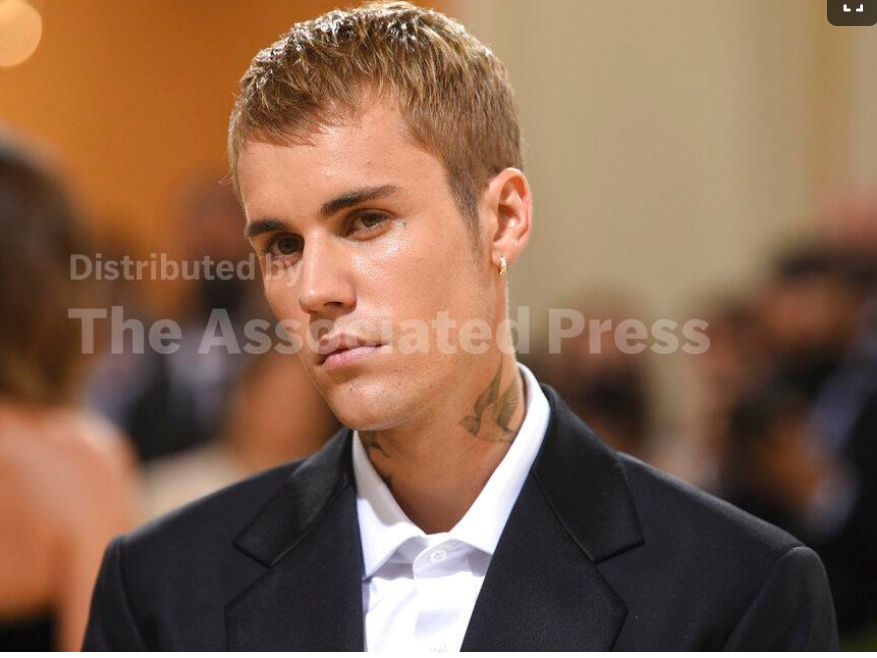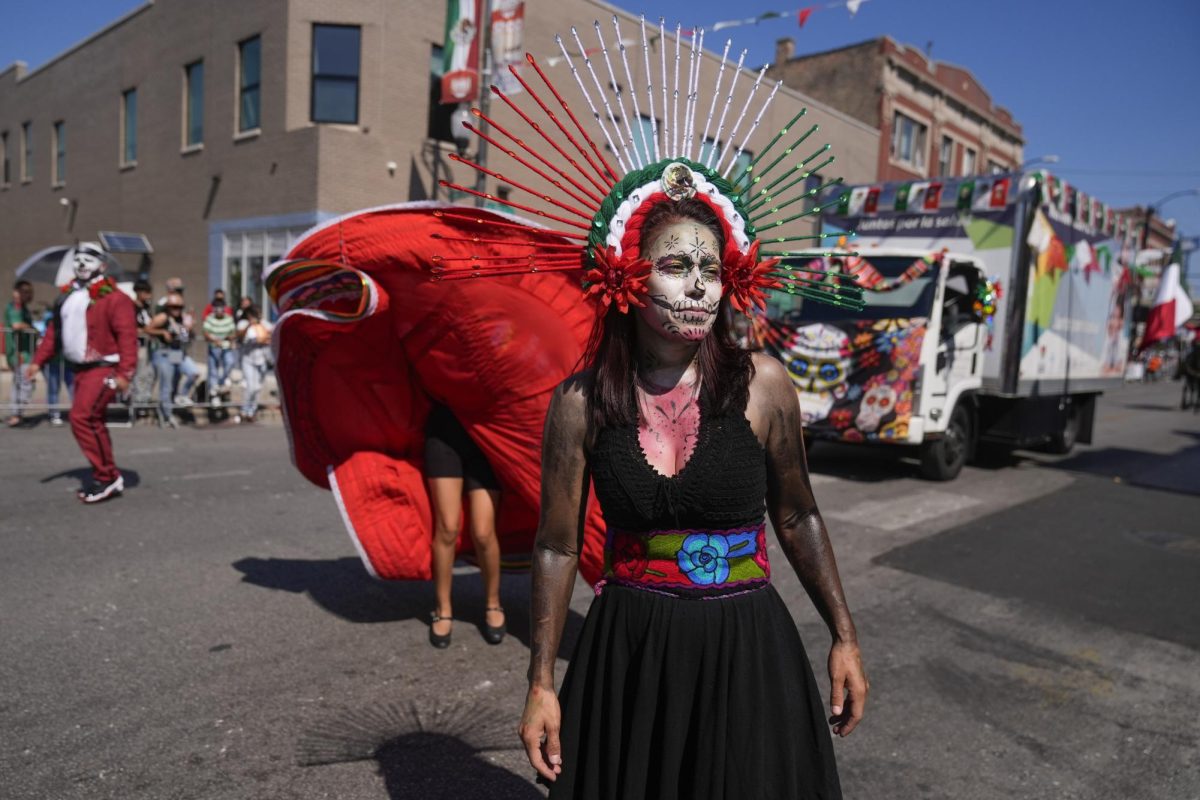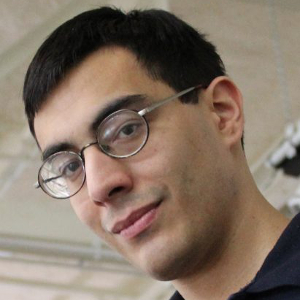In Retrospect: The Jungle Book (2016)
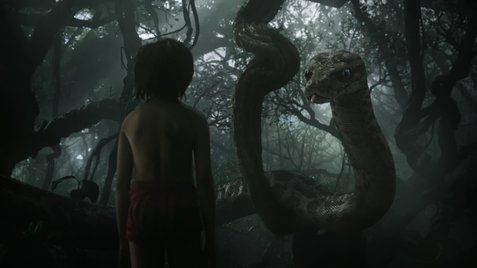
June 6, 2017
There are at least three moments in Disney’s remake of The Jungle Book that stand out. The first is when Mowgli is threatened by a landslide with a herd of wildebeests. The second is the hypnotic and surreal meeting between the main character and Kaa the Python (Scarlett Johansson). The last is when the audience is introduced to King Louie. As played by Christopher Walken, the giant ape’s first few minutes of screen time contain a pleasant sense of quiet menace. All of this is undercut the minute Walken’s dialogue segues from imposing threats to reciting the familiar “I Wanna Be Like You” number from the 1967 animated film. It is in Walken’s scenes that the film displays all its problems in neat capsule form.
This recent version of Jungle Book walks a constant tightrope between Rudyard Kipling’s original short stories as well as Disney’s first animated adaptation. In the end, it loses balance. The flaw rests in trying to tell two incompatible stories at once. Kipling’s original Mowgli stories were tight, gritty retellings of feral children myths with a dark tone whose vibe owed less to any “Bear Necessities” and is perhaps better summed up by the Stones “Gimme Shelter”. In contrast to Kipling’s complex meditations on the relation of Man to Nature, the 67 animated film was meant as a light-hearted romp in a wilderness setting, complete with vaudeville style musical numbers. This is the version most audiences today are familiar with.
In helming another adaptation, director Jon Favreau must fulfill the typical Hollywood mandate that a remake should have as many shoutouts to its earlier predecessors as possible, while still being its own thing. The problem Hollywood has yet to realize is that it is almost impossible for any remake to be its own thing as long as its reputation is forever handcuffed to what came earlier. A wiser course of action would have been to chuck the 67 film and focus on trying to bring as much of Kipling’s original stories to life as is possible with the current state of film technology. This appears to be what Andy Serkis is attempting with his own future riff on the Mowgli stories.
Disney’s 2016 version, however, is content to put its characters through the same old paces while shunting in minor references here and there to Kipling’s book. The story is the same one of Mowgli (Neil Sethi), an orphan raised by wolves in the forests of India. When his life is threatened by the arrival of the murderous tiger Shere Khan, the orphan must trek his way through a treacherous landscape of various bird and beast until he can manage to reach the most mysterious animal of all, Man. It sounds like a good idea on paper, and Kipling’s imagination was able flesh it into a thrilling coming of age story.
Whether or not this film has similar goals in mind is hard to decide. Judging by the performances, it’s possible the cast were asking themselves a similar question. The movie’s faults can’t ultimately be laid at the feet of the actors. In the strictest sense we’ll never know whether or not Sethi, Ben Kingsley, or Bill Murray would have made a good Mowgli, Bagheera, or Baloo respectively, since the script never gives them the opportunity to recite the lines that would allow them to disappear into their roles. Kipling’s Shakespearian cadences are given a passing glance, emerging here and there at odd moments. The rest of the time the dialogue has to suffer under the usual kid’s movie fair, where everyone sounds like a pre-school class let loose on a cgi set. The result is jarring, rather than satisfying. There was just no way that the epic diction of the original books could neatly mesh with a postmodern sensibility. Fans of Kipling’s prose will be disappointed with the final product while being reminded on occasion of the much better adaptation they never got. Newcomers may be able to get a bit of entertainment out of the proceedings. However it’s doubtful the film will be able to leave any kind of lasting impact. As it stands, the latest incarnation of The Jungle Book is a series of missed opportunities. Its major problem is one of both plotting and language. It wants to be different while relying too much on what came before. It wants to be dark and gritty without alienating a single segment of the audience. Most of all it wants to recapture a sense of the Epic without ever being able to realize such a lofty vision. If these are the goals Disney was aiming for in their remake, then the studio has a lot to learn before it can ever hope to make another attempt like this.

